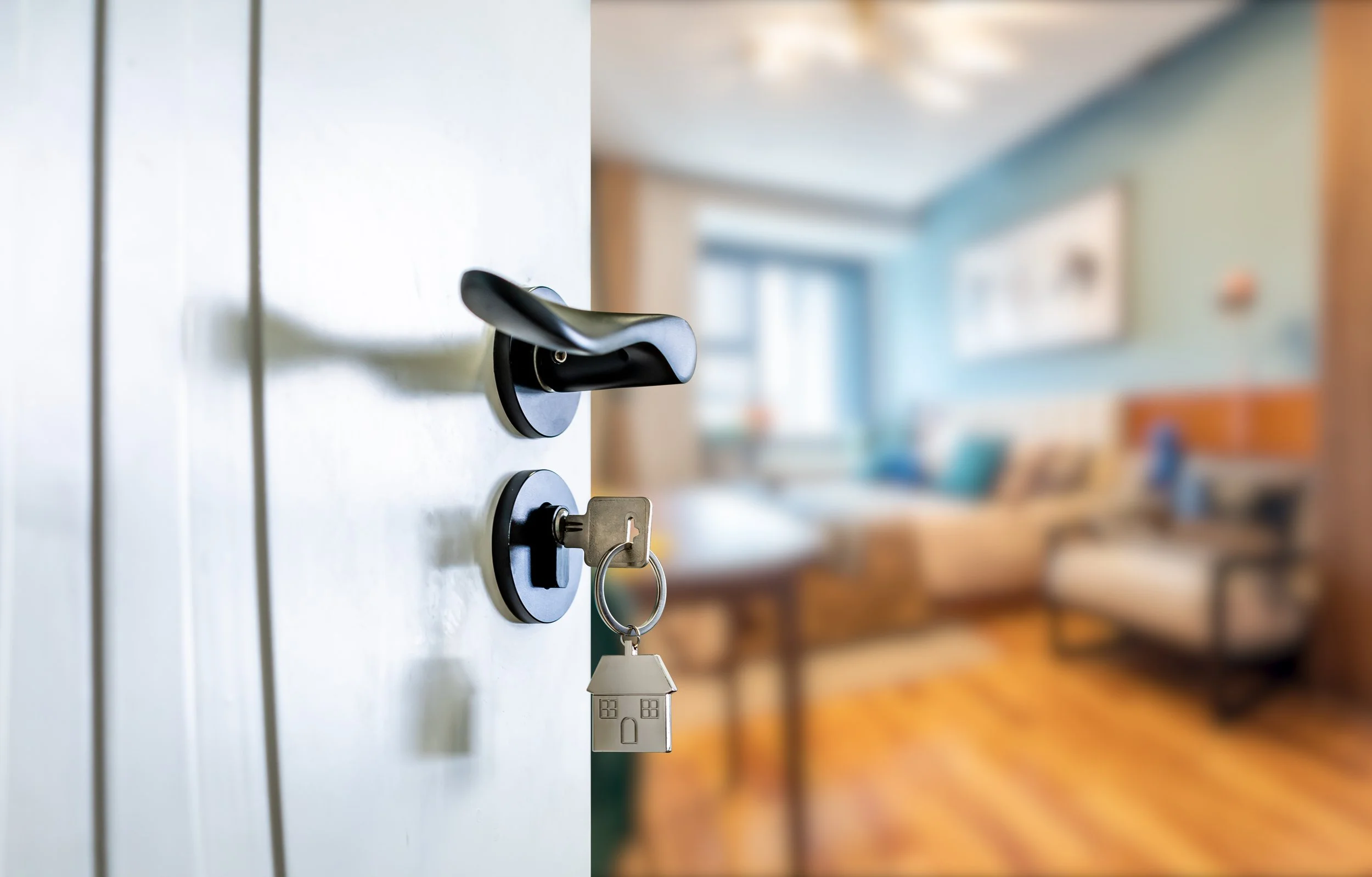Tenant Obligations
Tenant Obligations - Ohio Revised Code §5321.16
(A) A tenant who is a party to a rental agreement shall do all of the following:
(1) Keep that part of the premises that he occupies and uses safe and sanitary;
(2) Dispose of all rubbish, garbage, and other waste in a clean, safe, and sanitary manner;
(3) Keep all plumbing fixtures in the dwelling unit or used by him as clean as their condition permits;
(4) Use and operate all electrical and plumbing fixtures properly;
(5) Comply with the requirements imposed on tenants by all applicable state and local housing, health, and safety codes;
(6) Personally refrain and forbid any other person who is on the premises with his permission from intentionally or negligently destroying, defacing, damaging, or removing any fixture, appliance, or other part of the premises;
(7) Maintain in good working order and condition any range, regrigerator, washer, dryer, dishwasher, or other appliances supplied by the landlord and required to be maintained by the tenant under the terms and conditions of a written rental agreement;
(8) Conduct himself and require other persons on the premises with his consent to conduct themselves in a manner that will not disturb his neighbors’ peaceful enjoyment of the premises;
(9) Conduct himself, and require persons in his household and persons on the premises with his consent to conduct themselves, in connection with the premises so as not to violate the prohibitions contained in Chapters 2925. and 3719. of the Revised Code, or in municipal ordinances that are substantially similar to any section in either of those chapters, which relate to controlled substances.
(B) The tenant shall not unreasonably withhold consent for the landlord to enter into the dwelling unit in order to inspect the premises, make ordinary, necessary, or agreed repairs, decorations, alterations, or improvements, deliver parcels that are too large for the tenant’s mail facilities, supply necessary or agreed services, or exhibit the dwelling unit to prospective or actual purchasers, mortgagees, tenants, workmen, or contractors.
(C)(1) If the tenant violates any provision of this section, other than division (A)(9) of this section, the landlord may recover any actual damages that result from the violation together with reasonable attorney’s fees. This remedy is in addition to any right of the landlord to terminate the rental agreement, to maintain an action for the possession of the premises, or to obtain injunctive relief to compel access under division (B) of this section.
(2) If the tenant violates division (A)(9) of this section and if the landlord has actual knowledge of or has reasonable cause to believe that the tenant, any person in the tenant’s household, or any person on the premises with the consent of the tenant previously has or presently is engaged in a violation as described in division (A)(6)(a)(i) of section 1923.02 of the Revised Code, whether or not the tenant or other person has been charged with, has pleaded guilty to or been convicted of, or has been determined to be a delinquent child for an act that, if committed by an adult, would be a violation as described in that division, then the landlord promptly shall give the notice required by division (C) of section 5321.17 of the Revised Code. If the tenant fails to vacate the premises within three days after the giving of that notice, then the landlord promptly shall comply with division (A)(9) of section 5321.04 of the Revised Code. For purposes of this division, actual knowledge or reasonable cause to believe as described in this division shall be determined in accordance with division (A)(6)(a)(i) of section 1923.02 of the Revised Code.
Source: https://codes.ohio.gov/ohio-revised-code/section-5321.05



